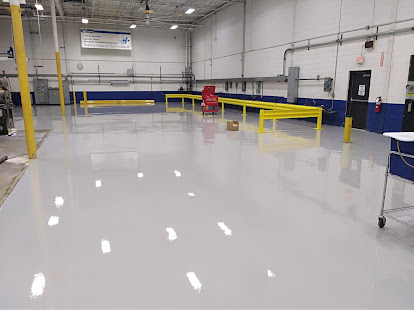Reasons Many Food Processing Companies in Kenya Prefer Epoxy (Resin) Floors today

Why Food and Beverage Companies in Kenya are increasingly opting for Epoxy Flooring When it comes to health and safety in the food and beverage industry, there’s no room for error or complacency. Unsafe food can have far-reaching ramifications for public health and can also negatively impact the offending organisation’s bottom line in terms of financial penalties, costly downtime and reputational damage. Strict standards are necessary and food processing plants are under constant scrutiny to ensure regulatory compliance from the ground up — starting with the floor. Why is the choice of floor in a food processing plant so important? Given the strict regulatory requirements and the robust operating conditions of many food processing plants, the floor has to stand up in terms of both compliance and performance. In Australia, the food industry is governed by a Food Standards Code known as hazard analysis and critical control point (HACCP) food safe requirements and these include ...

